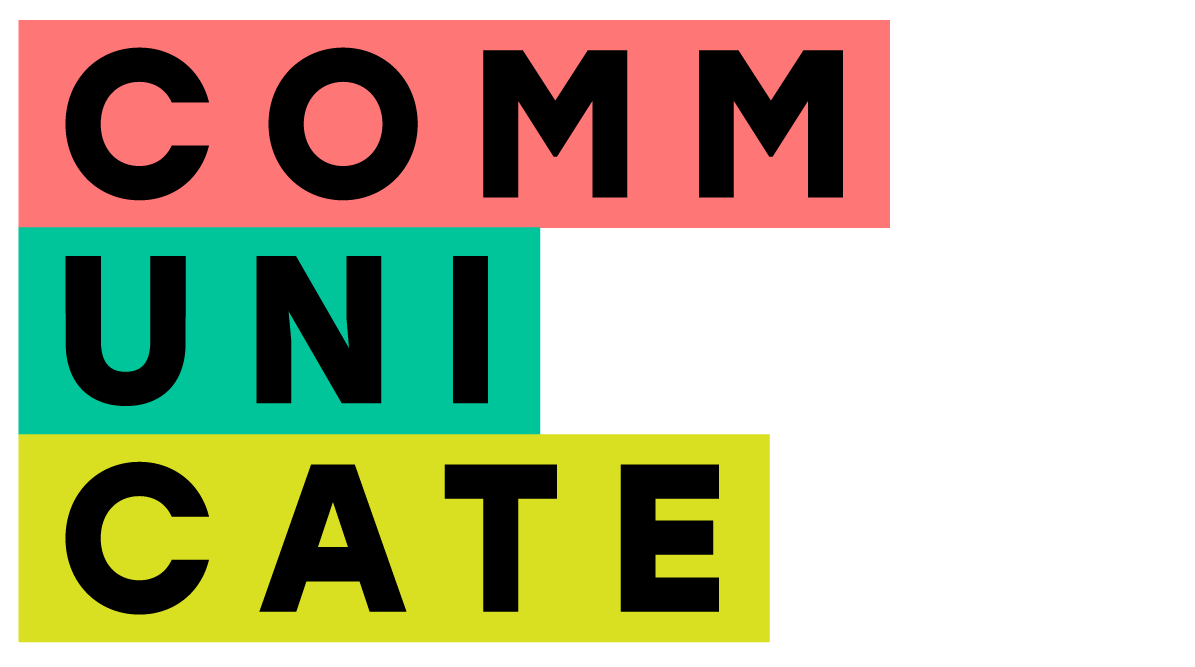Diversity in Legal Recruitment: A Comprehensive Guide to Building an Inclusive Workplace
The legal industry is undergoing a significant shift towards greater diversity and inclusion (D&I). This transformation is driven by a recognition that a diverse workforce not only reflects the society it serves but also brings a wealth of perspectives and experiences that can enhance innovation, problem-solving, and client satisfaction.
The Importance of DEI Initiatives in the Legal Industry
Enhanced Innovation: A diverse workforce fosters a culture of creativity and innovation, as individuals from different backgrounds bring unique problem-solving approaches to the table. Studies have shown that diverse teams are more likely to outperform homogeneous teams in terms of creativity, problem-solving, and decision-making.
Improved Client Relations: A diverse legal team can better understand and relate to clients from diverse backgrounds, leading to stronger client relationships and improved service delivery. Clients are more likely to trust and feel comfortable with legal professionals who share their background or experiences.
Increased Employee Satisfaction: A workplace that values diversity and inclusion creates a more welcoming and supportive environment, leading to higher employee morale, job satisfaction, and retention. When employees feel valued and respected, they are more likely to be engaged and productive.
Enhanced Reputation: By embracing diversity and inclusion, law firms can improve their reputation as employers and attract top talent from a wider pool of candidates. A commitment to DEI can also help firms strengthen their relationships with clients and communities.
Recruitment Strategies
1. Reassessing Traditional Recruitment Practices
Diversify Advertising Channels: Extend recruitment efforts beyond traditional legal publications and websites. Explore platforms that reach diverse audiences, such as social media, industry-specific job boards for underrepresented groups, and partnerships with diversity organisations.
Partner with Diverse Recruitment Agencies: Collaborate with specialised recruitment agencies that have a proven track record of sourcing candidates from diverse backgrounds. These agencies often possess extensive networks and can provide valuable insights into the challenges and preferences of underrepresented groups.
Rethink Educational Requirements: While academic qualifications are important, consider alternative measures of talent, such as work experience, internships, or relevant certifications. This can broaden the pool of qualified candidates and reduce the reliance on traditional educational pathways.
2. Creating an Inclusive Application Process
Inclusive Language: Use gender-neutral language in job descriptions and avoid terms that may unintentionally discourage applicants from underrepresented groups.
Remove Unnecessary Requirements: Re-evaluate job requirements to ensure they are essential for the role and do not create unnecessary barriers to entry. For instance, consider whether specific educational qualifications or years of experience are truly necessary.
Blind Applications: Implement a blind application process where applicant names and identifying information are withheld until after the initial screening to minimise unconscious bias.
Accessibility: Ensure that the application process is accessible to individuals with disabilities. Provide accommodations as needed and clearly communicate accessibility options.
3. Building Relationships with Diverse Communities
University Partnerships: Foster relationships with universities and colleges that serve diverse student populations. Participate in career fairs, offer mentoring programs, and provide internships to expose students to the legal profession.
Community Outreach: Engage with community organisations, professional associations, and networking groups that represent underrepresented groups. Attend events, participate in panel discussions, and provide mentorship opportunities.
Diversity and Inclusion Initiatives: Support external initiatives that promote diversity and inclusion in the legal profession. This can include sponsoring conferences, workshops, and scholarships.
Retention Strategies
1. Fostering an Inclusive Workplace Culture
Diversity and Inclusion Training: Provide ongoing training to all employees to raise awareness of unconscious biases, promote cultural sensitivity, and create a more inclusive environment.
Employee Resource Groups (ERGs): Encourage the formation of ERGs to provide a supportive community for employees from diverse backgrounds. These groups can offer networking opportunities, mentorship, and advocacy.
Mentorship Programs: Implement formal mentorship programs that pair senior employees with junior employees from diverse backgrounds. Mentors can provide guidance, support, and career development opportunities.
Flexible Work Arrangements: Offer flexible work arrangements, such as remote work, flexible hours, or job sharing, to accommodate the needs of diverse employees.
Inclusive Policies and Practices: Review and update policies and practices to ensure they are fair, equitable, and inclusive. This includes policies related to equal pay, promotions, and performance evaluations.
2. Addressing Bias and Discrimination
Complaint Procedures: Establish clear and accessible complaint procedures for employees to report incidents of bias or discrimination.
Investigations: Conduct thorough and impartial investigations of any complaints. Take appropriate disciplinary action when necessary.
Diversity and Inclusion Officer: Appoint a dedicated diversity and inclusion officer to oversee initiatives, monitor progress, and address concerns.
3. Investing in Employee Development
Career Development Plans: Work with employees to develop personalised career development plans that align with their goals and aspirations.
Training and Development Opportunities: Provide ongoing training and development opportunities to help employees advance their careers and stay up to date with industry trends.
Mentorship and Sponsorship: Offer mentorship and sponsorship programs to support the career advancement of diverse employees.
Embracing diversity and inclusion is not only a moral imperative but also a strategic necessity for the legal industry. By implementing effective DEI initiatives, firms can create a more inclusive and equitable workplace that benefits both employees and clients. A diverse workforce brings a wealth of perspectives and experiences that can enhance innovation, problem-solving, and client satisfaction. By addressing the barriers to diverse recruitment and retention, the legal industry can build a more inclusive future.
Is your law firm struggling to attract and retain diverse talent? If you're seeking expert guidance and tailored solutions, we're here to help. Contact us today to discuss your specific needs and explore how our services can make a positive impact on your firm's diversity and inclusion efforts.
